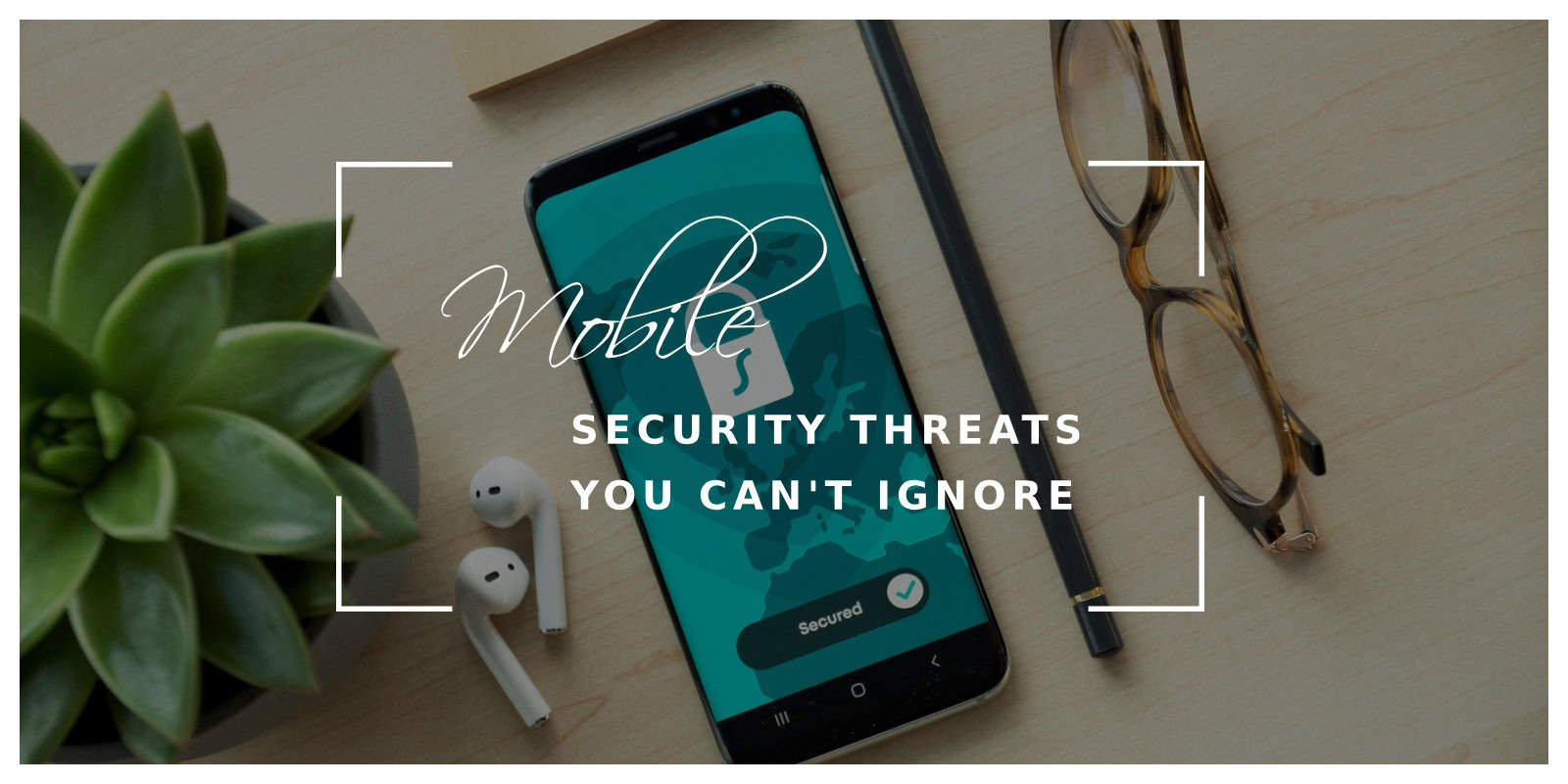Your phone’s RAM acts as the storage of all your data including the operating system. People nowadays use their phones for nearly all types of shopping and transactions. They download banking apps, shopping apps, membership apps, and many more. The phone stores all your videos, photos, and other sensitive information. Cybercrime statistics show more than 71 million people experience cybercrime annually. Your iPhone is a constant target of cybercriminals. Your data could be leaked, you could connect to unsecured WIFI, or get phishing attacks. You need to be aware of the common phone cyber security threats that you cannot ignore.

Phishing and mobile malware threats
Mobile malware threats involve malicious programs designed to gain unauthorized access to your iPhone. The attacks come in the form of worms and viruses introduced to your gadget as files. They could be in the forms of trojans, spyware, or phishing introduced as links. They are designed to steal your data without your knowledge.
They may encrypt the information making it impossible to read. Some of them could delete all your files and some could work as spies. Make sure you secure your network to protect yourself. Activate firewall protection and data backups. Use antivirus protection and avoid suspicious websites and links.
Phishing and mobile malware threats could help a cybercriminal inject spyware into your iPhone. The app may include malware, adware, or a type of virus on iPhone devices. Once activated, the file collects your data and sends it to a specific person. You need to constantly check for spyware on iPhone as a security measure. Malicious people collect the information to sell it or steal your financial data. How to find spy apps on iPhone depends on the approach you want to take. You may look for signs such as heating, extended data usage, or suspicious messages. You may use special apps to scan iPhone for spyware. The app will scan, detect, and remove the spyware.
Data leak threats
In mobile data security, a data leak means an accidental exposure of your data. The exposure may happen when you are using your iPhone or when not in use. In most cases, data leaks happen when information is in transit. For instance, you could be sharing files with someone via Bluetooth. Someone nearby could intercept the files and steal them.
Leaks can happen when you are sending emails and connected to chat platforms. It can happen when connecting to API calls or on social media. You can protect yourself from data leaks by keeping your iPhone updated all the time. Use multifactor authentication and keep your iPhone locked. When you notice suspicious links, do not open them. Avoid storing files that contain your important data in your phone.
Stolen or lost device
Data shows about 11,000 phones are lost or stolen daily. Anyone who finds or steals the phone could get access to it. If they do, they could use your money to make things. They may send messages to your contacts pretending to be you and steal from them. They could send emails to your email contacts and scam them. Keep your iPhone with you always and never leave it unattended. Use a lock screen password to hide your files to limit unauthorized access.

Phone cyber attack due to unsecured WIFI networks
When you visit public places, you will likely find free WIFI spots. They are helpful when you need to connect online before you get home or office. Unfortunately, most of the free networks are never secure. They do not require a password to sign in.
If they require it, the password is shared by thousands of people. Such connections could expose you to attacks such as malware and session hijacking. Packet sniffers and network snoopers could target your iPhone. Several rules are necessary when connecting to public WIFI.
- Do not connect to free WIFI unless very necessary.
- Connect to a VPN first before connecting to a public WIFI
- Activate data encryption when sending data.
- Avoid sharing anything on Bluetooth and other file-sharing apps.
- Do not allow automatic connection on WIFI.
Mobile communication interception threats
Someone could install an app on your iPhone that intercepts your communication. They record your communication on telephone calls, chats, and SMS. The hacker might divert your communication to a third party. They could remotely use your iPhone to make call to calls to people. All the billing will be done for you. encrypt your calls and communication to avoid interception.
Conclusion
The mobile threat landscape is widening all the time. You can be attacked in hundreds of ways and you might never know. Attacks lead to loss of data, information leakage, and loss of sensitive files. You need to keep your iPhone updated to prevent attacks. Use extra security measures such as antivirus and strong passwords. Know the different types of mobile security threats and prevention measures.

